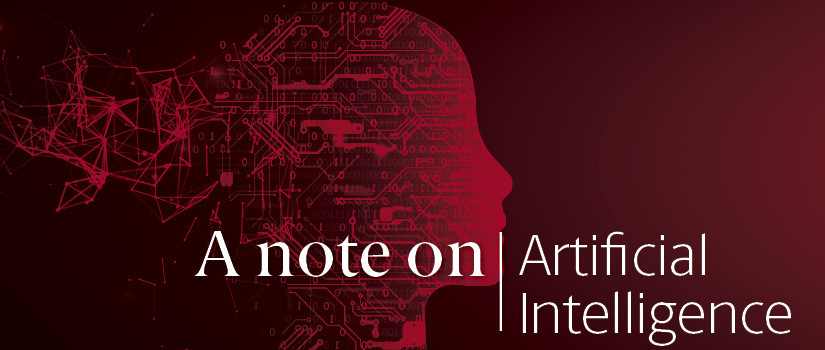By Hossein Haj-Hariri | November 13, 2020
Two years ago, as I wrote the proposal for our university’s Artificial Intelligence Institute, I had one goal in mind: becoming the preeminent applied artificial intelligence institute in the Southeast.
At that time, I had no idea that we’d be able to recruit one of the field’s greatest minds, Amit Sheth, to be the founding director of our institute. Nor did I expect that founding such an institute would attract people of Biplav Srivastava’s stature, previously a Distinguished Data Scientist and Master Inventor at IBM’s Chief Analytics Office. These great first hires, complemented by some incredible assistant professors, are helping unite the diverse research occurring within our university through data science and AI, which I see as the ‘glue’ of all research in the future.
Data is at the heart of everything around us, and research in our universities is no exception. Computing and sensing have become affordable at large scale, making it possible to collect and store the tremendous amount of data being generated each day across all facets of our society. Artificial intelligence has become the indispensable key to drawing insights from this data (making big data into smart data, as Dr. Sheth likes to say) and accelerating the pace at which we learn and discover — not just in engineering, but in health care, journalism, education, social sciences, physical sciences, and the arts.
By investing in artificial intelligence, our college and university is investing in the future: the future of research, the future of South Carolina and the future of our world. And just two years after penning the proposal for our trans-disciplinary institute, I am already seeing our goals, visions and hopes come true.
Just this month, we brought together AI leaders from Google, Accenture, IBM and universities across the nation to discuss the ethics surrounding AI. Biplav, who began in August, has already made his way into South Carolina’s largest newspaper for his model showing the effects of mask-wearing policies in counties across the U.S. Pooyan Jamshidi secured a NASA grant to bring artificial intelligence and unsupervised learning to space missions. And, we were able to recruit and hire two of the brightest young minds in the field: Forest Agostinelli and Qi Zhang.
I believe that artificial intelligence will be integral to all research in the coming decade. And as construction nears completion on our 10,000 square foot Artificial Intelligence Institute (which is the first of two building phases), I believe we are well on our way to advancing our university’s collective research efforts.
Please take a few moments to learn more about the exciting artificial intelligence work in our college: research that is looking to give Americans the personalized health care they deserve, the $1.2 million NSF grant we received to research high-rate systems, and the novel deep-learning algorithm we created that is removing the materials discovery bottleneck in emerging industries. I hope you are as excited as I am for where the field of artificial intelligence is going both at our university and beyond.
Sincerely,
Hossein Haj-Hariri
Dean of the UofSC College of Engineering and Computing
Our Artificial Intelligence Highlights:
-
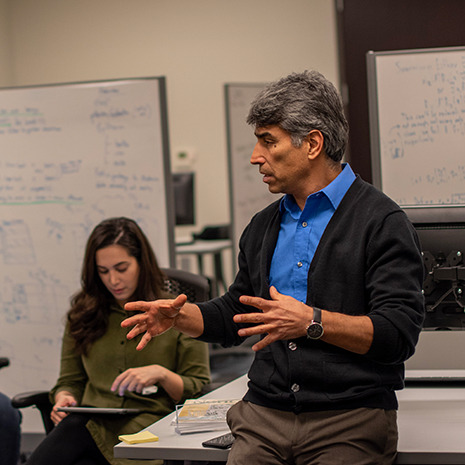
Tailoring your health care to your needs using artificial intelligence
-
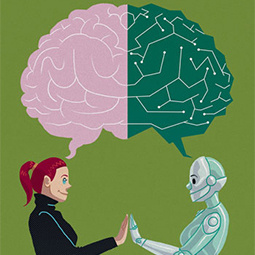
UofSC's AI Institute includes faculty from various fields of research
-
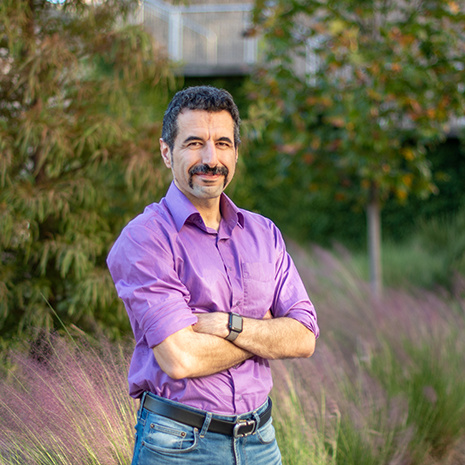
AI in Space: Going further than ever before
-
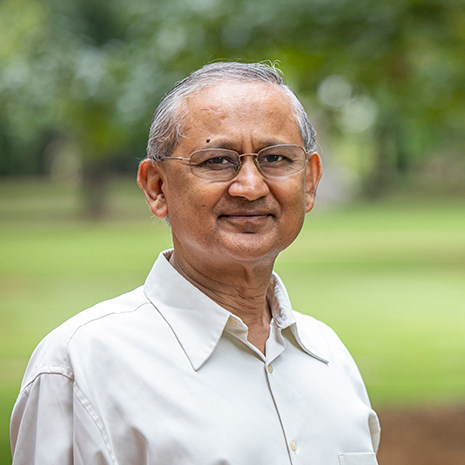
Sheth receives lifetime award in services computing
-
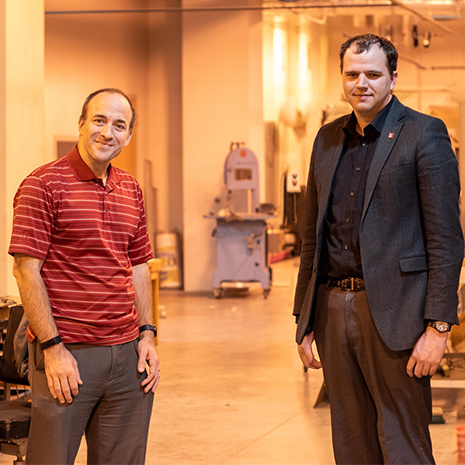
CEC study to impact response time of high-rate energy systems
-
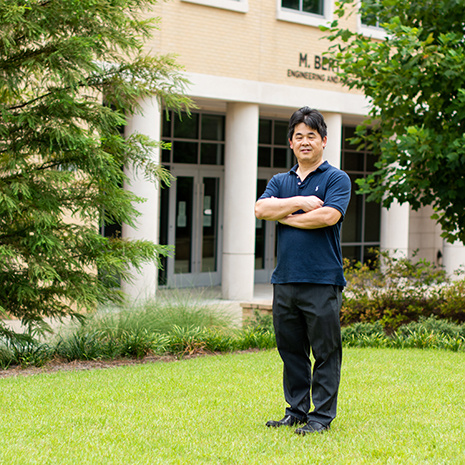
Deep learning algorithm to remove materials discovery bottleneck in emerging industries
-
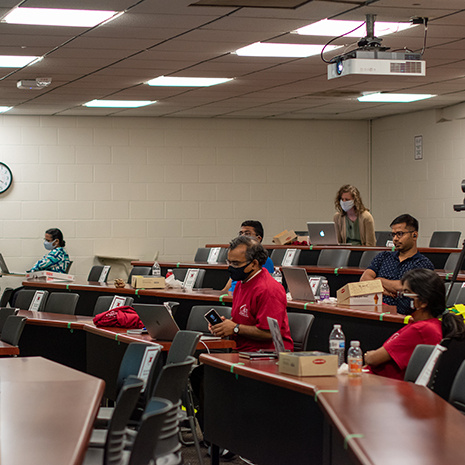
100+ AI experts discuss ethics and interdisciplinary use of collaborative assistants at UofSC
-

A new data-driven model shows that wearing masks saves lives – the earlier you start, the better
-
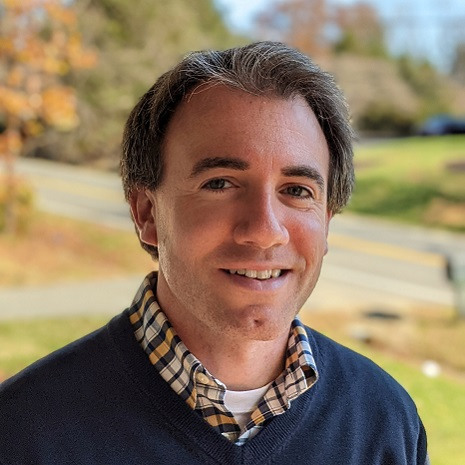
Alumni Spotlight: How a successful software company got its start in the Office of Student Conduct
Explore the College of Engineering and Computing's research in artificial intelligence
